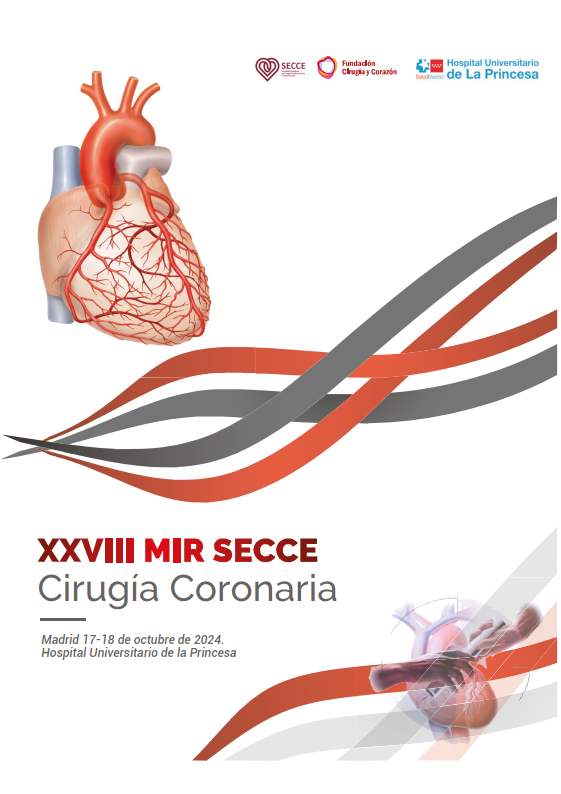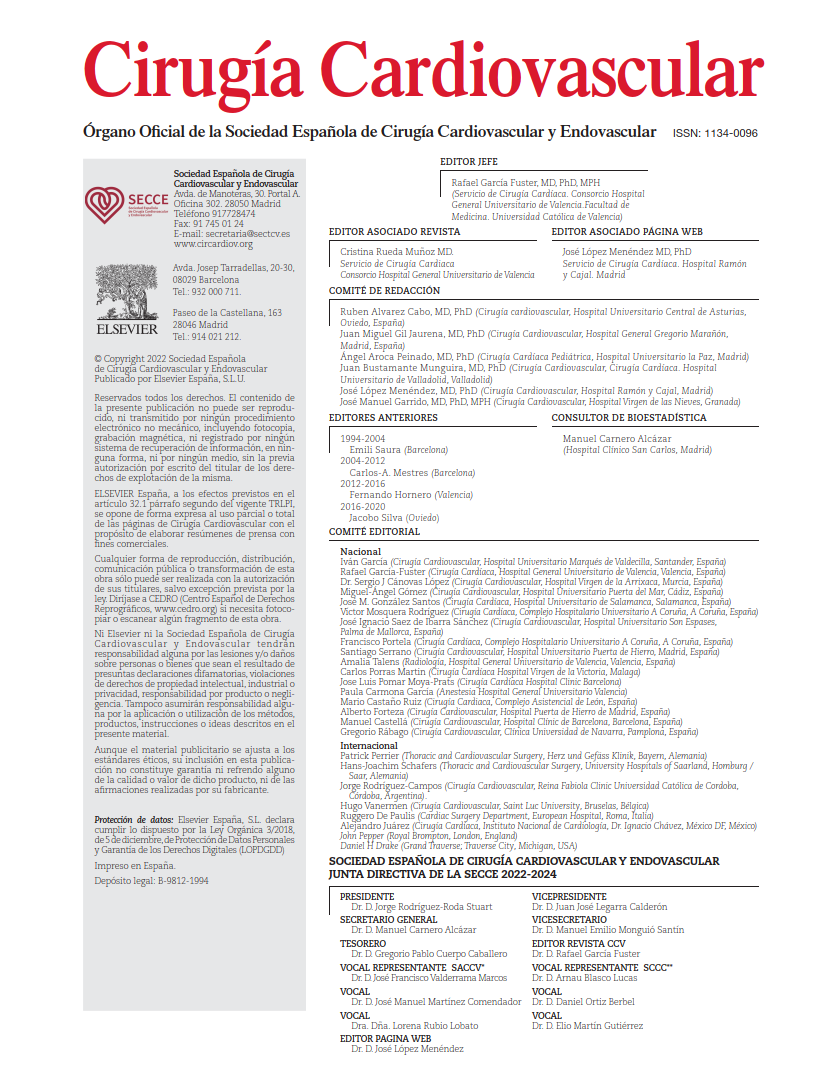In recent years, the prevalence of congenital heart disease in adults has increased (currently estimated at 0.3% worldwide), attributed largely to advancements in the diagnosis and treatment of this pathology. Mortality among patients with congenital heart disease is higher than in the general population, with sudden cardiac death estimated as the cause in up to 25% of cases. However, the literature describing and analyzing out-of-hospital cardiac arrest (OHCA) in adult patients with congenital heart disease—its physiology, prognostic factors, and episode survival—is scarce, heterogeneous, and subject to biases.
The purpose of this study was to investigate the association between OHCA and the presence of congenital heart disease in adult patients as the main associated factor and to analyze 30-day survival after the episode. The study included patients listed in the Danish out-of-hospital cardiac arrest registry with cardiac-cause OHCA (cases) between June 1, 2001, and December 31, 2019. This nested case-control study matched each case with up to five controls based on: 1) sex, 2) year of birth, 3) presence of ischemic heart disease, 4) heart failure or cardiomyopathy, 5) at least one cardiovascular risk factor (diabetes mellitus, hypertension, substance abuse, and/or peripheral arterial disease), and 6) associated comorbidity, which had to include at least one of the following: cerebrovascular disease, chronic obstructive pulmonary disease, or chronic kidney disease. Cases involving congenital heart disease were classified into three groups based on complexity (mild, moderate, or severe) following established guidelines in adult congenital heart disease (American Heart Association and European Heart Society). Cox regression analysis was used to predict time-to-event. Subanalyses were conducted on cases with identified shockable rhythms during the event and cases with autopsies confirming the cardiac cause of OHCA.
In total, 43,967 cases and 219,772 controls were included. Among cases, the prevalence of mild and moderate congenital heart disease was 0.3% each, and severe congenital heart disease was 0.1%. The presence of any type of congenital heart disease was statistically significantly associated with sudden cardiac death events, with the group of highest severity showing the highest risk. Statistical significance persisted after adjustment for sex and age, irrespective of the complexity of congenital heart disease. Additionally, stratified analyses by age, year of event, and previous cardiac surgery were performed:
Age: Risk was higher in younger patients within the moderate and severe congenital heart disease groups, disappearing in those older than 80 years. However, in the mild congenital heart disease group, incidence showed a U-shaped distribution, with higher incidence in patients under 50 years (with a stronger association in younger ages) and in those over 80 years. Year of event (2001–2006 versus 2014–2019): A decrease in association strength with the event was observed in the moderate-risk group, with no differences found in the other two groups. History of prior cardiac surgery: Associated with higher risk in patients with moderate or severe congenital heart disease, but not in those with mild congenital heart disease.
Prognostic factors that showed better survival rates in congenital heart disease patients included: events occurring in public locations, witnessed arrests, early initiation of cardiopulmonary resuscitation (CPR), identification of a shockable rhythm, and early defibrillation, with the association being strongest in the severe congenital heart disease group. Factors associated with better 30-day survival after the episode were early CPR, identification of a shockable rhythm, and early defibrillation.
In the initial analysis, survival was higher in the congenital heart disease group. However, after adjusting for confounding factors, survival was similar between the groups. Subanalysis of cases with autopsies confirming the cardiac cause of the arrest showed no differences between groups.
COMMENTARY:
Advancements in the care and management of congenital heart disease patients over recent decades have led to increased survival rates, with a higher prevalence of congenital heart disease now observed in adulthood than in childhood. Although sudden cardiac death is one of the leading causes of mortality, the available literature on this subject remains limited. In this context, the present study was conducted to explore the association between congenital heart disease and OHCA events in adult patients.
The authors present a nested case-control study where congenital heart disease presence was statistically significantly associated with sudden cardiac death. Additionally, several important aspects of this study deserve attention:
- The strength of the association was higher in the group with more complex congenital heart disease and in those with prior cardiac surgery, likely due to a greater arrhythmogenic substrate in this population.
- The age-dependent association varied by the complexity of congenital heart disease.
- The risk of experiencing the event decreased in the moderate-complexity group during the second follow-up stage, likely due to improvements in diagnosis and treatment. However, this was not observed in the mild and severe complexity groups, highlighting the need to maintain cardiological follow-up into adulthood, even for patients with mild congenital heart disease.
- A significantly higher percentage of patients in the congenital heart disease group, especially in the severe group, underwent early CPR and defibrillation. This could be attributed to their younger age, lower comorbidity, and closer supervision by individuals trained to initiate basic life support maneuvers.
- Survival was initially higher in the congenital heart disease group, but this association disappeared after adjusting for confounding factors.
Limitations of the study:
- As a case-control study, it is observational, precluding causal analysis and the exclusion of residual confounding factors.
- The nested case-control design lacks data on potentially important confounding variables, such as echocardiographic findings (ventricular function, valvular pathologies, and residual lesions), which were not included in the matching process.
- Misclassification of congenital heart disease cases in the registry could lead to underestimation of congenital heart disease prevalence among cases.
This study is significant as it demonstrates that patients with any type of congenital heart disease have a higher risk of sudden cardiac death compared to the general population, emphasizing the need for early identification of candidates for implantable defibrillators and continued cardiological follow-up in mild congenital heart disease patients during adulthood. Moreover, the identification of factors associated with better 30-day survival—early CPR and defibrillation—highlights two key aspects crucial to the prognosis of any OHCA victim, including those with underlying congenital heart disease.
REFERENCE:
Barcella CA, Christensen DM, Idorn L, Mudalige N, Malmborg M, et al. Outcomes of out-of-hospital cardiac arrest in adult congenital heart disease: a Danish nationwide study. Eur Heart J. 2023 Jul 6:ehad358. doi: 10.1093/eurheartj/ehad358.



